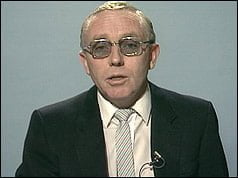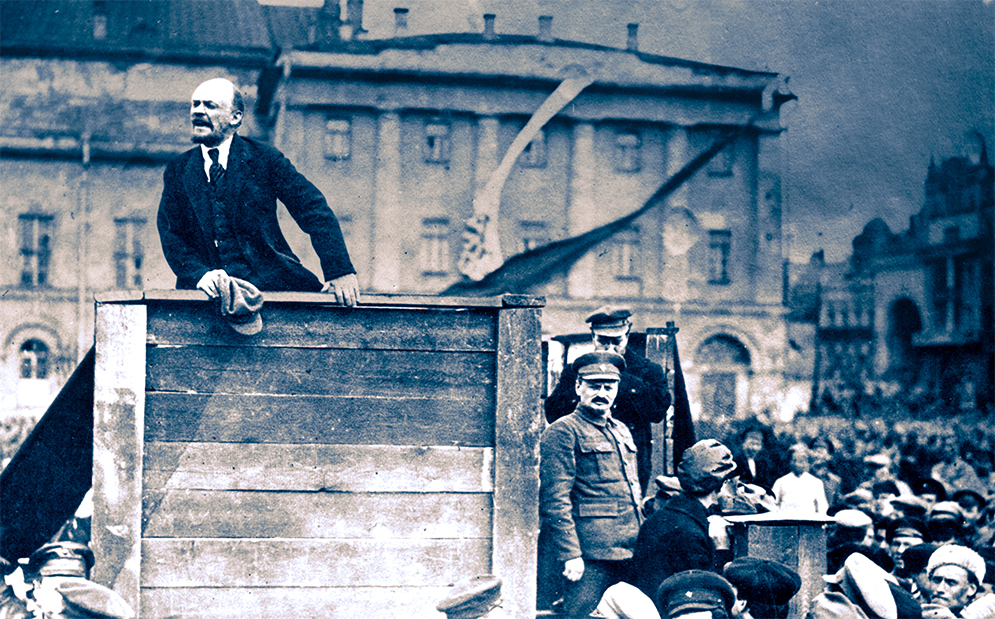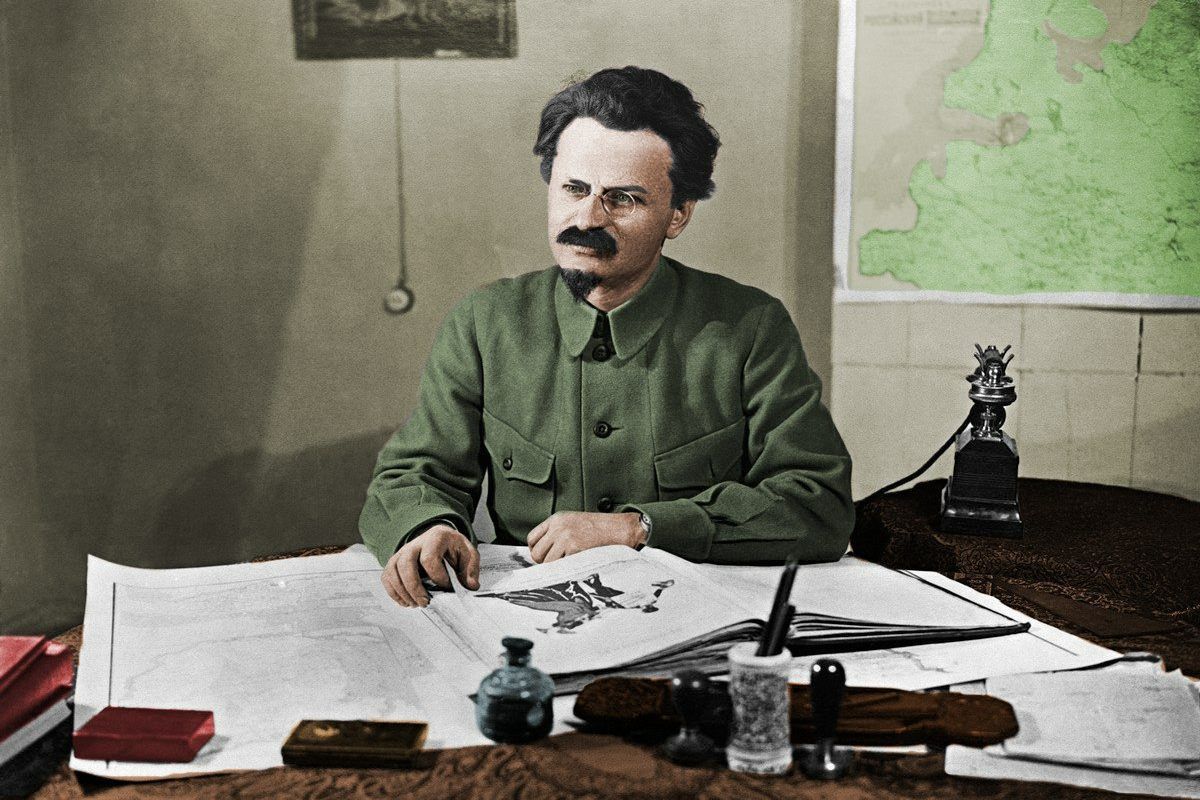We heard the sad news that Terry Fields,
Militant supporter and MP for Liverpool Broadgreen (1983 -92), has died over
the weekend after a long struggle with cancer.
Terry was a larger than life figure and a
fine representative of the Liverpool working
class. A ‘salt of the earth’ man who dedicated his efforts to the cause of the
working class. Always smiling and joking, he was always seen wearing his black
leather jacket, even in Parliament, a place he pretty much hated. He served his
time there from 1983, when he was elected along with Dave Nellist and later Pat
Wall as part of the Militant trio, until 1992. This was the culmination of
decades of work by Militant supporters in the Merseyside labour movement. They
had refused to abandon the struggle within the Labour Party.
As a militant trade unionist and
firefighter, Terry was elected to the executive of the Fire Brigades Union.
During the 1977 firefighters’ strike he joined Militant. Through his work, he
was selected to become the prospective Labour candidate for Kirkdale when the
sitting member, James Dunn, left the party to join the Social Democratic Party.
With the reorganisation of the parliamentary boundaries, a new constituency was
created, Broadgreen, in which Terry was selected as the candidate. He went on
to take the seat for Labour in the 1983 general election, despite the defeat
for Labour on a national scale. As with the other comrades, Terry stood on a socialist
programme and held to the socialist principle that he would live on the average
wage of a skilled worker, in his case a firefighter. The rest of his
parliamentary salary would be put back into the labour movement.
During the election campaign he was told:
“Just promise me one thing – you won’t change.” Terry replied: “Many have said
it before, but there’s no way I’ll change. I’ve got no pretentions to enhance
my own life style on the backs of working people, when you see the conditions
and the support that they’ve given me.” And this was true. He stuck by his
principle to the very end.
The election in Broadgreen in 1983 was
hugely important as, in the midst of Thatcher playing the Falklands
card to the maximum and the Labour Party being undermined by the treachery of
the right wing, a new candidate putting forward a socialist programme increased
the Labour vote, while elsewhere it collapsed. This put the lie to the argument
of the right wing that Labour’s relatively left-wing manifesto was the "longest
suicide note in history.”
At the time, I was national organiser of
the Militant tendency and was responsible, with a team of comrades, for
overseeing our parliamentary work. I remember Terry and Dave at the first
meeting we had to discuss the work. It was new unchartered waters for us and we
had to plan the work with dedicated teams of comrades not only in parliament
but also in the constituencies. How the MPs would work in and out of parliament
was discussed. It was essential to be a tribune of the working class, which
Terry was keen to perform. He spoke occasionally in parliament, but most of his
activities were outside, addressing labour movement meetings, visiting picket
lines, etc.
Terry’s whole manner and friendly approach
made it difficult for our enemies, as he did not fit into the stereotype and he
was obviously not a careerist. Everyone who knew him have the abiding memory of
Terry patiently listening to workers or constituents and quietly discussing the
issues with them – a true workers’ representative.
At the same time as his election to
parliament, the left won a majority on the Liverpool City Council, with its
Militant deputy leader Derek Hatton. Terry played a key role in the struggle of
the Liverpool City Council, standing shoulder to shoulder with the working
class of Liverpool against the Tory
government. Again this position was built up over years of patient work in the
Labour Party, initially against the right-wing Braddock machine which
controlled the party with a Stalinist grip.
Terry also threw himself into supporting
the miners’ strike in 1984-85, speaking in the coalfields and elsewhere. Terry truly hated the ruling class and their
acolytes. The class struggle was everything to him, and showed how the working
class would not only resist the system, but would eventually show the socialist
way forward for society. What a total contrast with the rarefied atmosphere of
the House of Commons! That was why Terry hated going to parliament. He was like
a fish out of water under these conditions.
Terry addressed all the Militant rallies up
and down the country as well as in the Albert Hall. I recall that Terry often
opened up a speech with a joke, such as “I would like to extend greetings from
the Parliamentary Party. I would like to, but I can’t.” However, with the
witch-hunt in progress, and the editorial board being expelled in 1983, the
bureaucracy started to tighten the reigns. The MPs were warned not to speak on
Militant platforms. Then, at one national meeting, Terry appeared on the platform,
to everyone’s merriment, with a paper bag over his head, with the eyeholes and
mouth cut out and his glasses on. It was a typical Terry Fields’ stunt! He
simply ridiculed the powers-that-be and their bureaucratic dictates.
In the general election of 1987, Terry
again increased his majority, while Labour under Kinnock was massively defeated
nationally. Considered a Tory marginal in 1983, Terry’s majority increased from
3,800 votes to 6,047, some 48.6% of the vote. The right wing were stony silent
about this remarkable victory and simply repeated the lie that socialist
policies were unpopular.
Terry also played a prominent role in the
campaign against the poll tax which advocated non-payment. Millions refused to
pay the tax which ended with Thatcher’s resignation. Terry refused to pay his
poll tax and was jailed on 11th July 1991 for 60 days, the only
Labour MP to have been jailed for non-payment. Comrades held regular protests
outside the prison until his release.
In 1991, the Militant tendency was thrown
into a heated faction fight over whether or not to abandon our long-term work
in the Labour Party. This became known as the ‘open turn’ debate.
The whole episode really took off with the
Walton by-election in Liverpool. The left-wing
MP, Eric Heffer, had died. The left had put up Militant supporter Leslie
Mahmood as their candidate. She was bureaucratically denied the position and
Peter Kilfoyle, the regional organiser and arch witch-hunter on Merseyside, was
chosen instead. The leadership of Militant were under pressure to stand
independently as a “real” Labour candidate. Myself and Ted Grant opposed the
idea in a special meeting in Liverpool. We
were isolated and the decision was taken to stand, which threatened 40 years of
work in the party. The fact that the MPs could be expelled as a result was of
no consequence.
Whether the Militant MPs would have avoided
expulsion without Walton it is not possible to say. Walton, however, made it
inevitable.
After a massive campaign to get Leslie
elected, on polling day some 2,700 people voted for the “real” Labour
candidate. The disappointment was palpable. Kilfoyle had won comfortably. Ted
Grant and myself urged the comrades to reconsider their position at a national
meeting called just after the by-election result, but they would hear nothing
of it. For them, it was a great “success” and we should consider developing
this further on the same lines, starting
with an open organisation in Scotland.
The Walton fiasco was, as predicted, used
by the Labour bureaucracy to push through expulsions, including the Militant
MPs. The soft left capitulated. One of these was NEC member, Clare Short MP.
She had made up her mind to support expulsions after Walton, not only of those
involved in Leslie Mahmood’s campaign, but also of the two Militant MPs (Pat
Wall had died in 1990). “The most difficult task I have ever undertaken as a
member of the NEC was the action we took to declare Dave Nellist and Terry
Fields unsuitable as Labour MPs… The decision was difficult and painful – not
least as the two did not admit they were members of Militant.”
On 24th July 1991, a few weeks
after Walton, Labour’s NEC suspended 85 party members and decided the cases of
Nellist and Fields would be handled in September. Both were later expelled by
Labour’s National Constitutional Committee. In the general election of 1992,
both lost their seats – Terry to Jane Kennedy.
We salute Terry’s courageous stand while be was
a Member of Parliament and his years of effort both supporting and leading the
working class. In Terry’s immortal words, “A Militant is a moderate who has got
off their knees.” He was an honest class fighter and will be remembered for
this.
The editorial board of Socialist Appeal wishes to extend their condolences to Terry’s wife, Maureen and family.
For anyone wishing to attend Terry Fields’
funeral, it will be held at St.Benet’s Catholic Church. Copy Lane, Netherton,
Bootle, Merseyside, L30 7PG, [map
details] this Friday (4th July) at 11am, followed by committal at Thornton
Crematorium, on the A5207, Lydiate Lane, in Thornton near Crosby, [location map], Liverpool, L23 1TP; nearest
railway station Crosby. Also on the 53 bus route.






